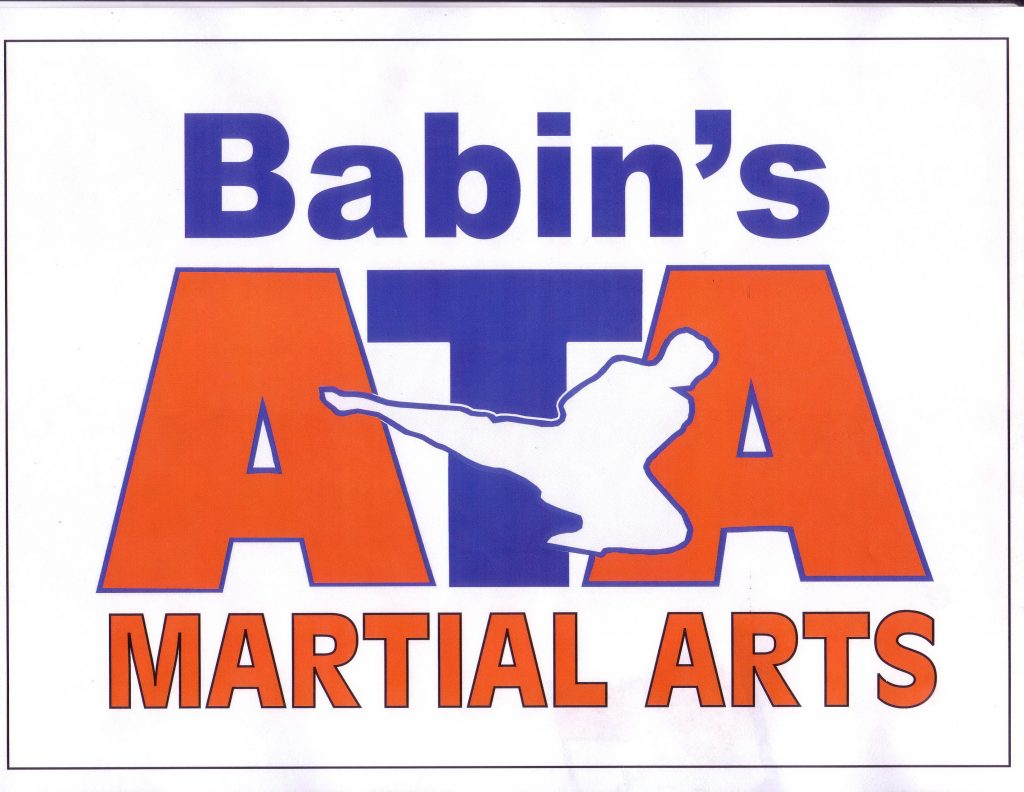Okay, time for a goal-check. Back in January, I passed along 37 goal-setting tips to help you set goals for 2011. One of those tips was “checking your progress along the way”. This is a great time to do that.
Checking Your Progress
How is your progress? Are you visualizing what it will be like to achieve your goal? Do you reach out for help when you need it? Are you persevering? Are you moving closer to your goals and keeping them in your mind all the time? My goal as your martial arts instructor isn’t just to teach you powerful techniques. It’s also to hold you accountable and give you that “professional push” to succeed in life. So I hope you’re on track to achieving the goals you set back in January. Now we’re going to turn our attention to some new goals for the next couple of months. Namely, goals for education and school (if you’re not a student, set a goal for work or career).
One of the things that surprises most people – especially new Karate Kid parents – is the strong connection between Karate for Kids and good grades. But it makes sense when you look at some of the ways our training supports academic achievement. Here are some of those reasons, briefly:
Teaches Goal-Setting – As you know by now, we teach students to set goals, write down what they hope to achieve and visualize the desired outcome. Instructors also teach students to tackle large or difficult goals by breaking them down into a series of smaller steps (or bite-sized “chunks”). This is excellent training for academics, too. Students learn that any achievement in life is a step-by-step approach and that the secret of learning something complex is actually easy if you take things one small step at a time. Tiny steps combine into big achievements.
Karate Kid training also improves concentration and focus. Students learn to calm their minds, shut out distractions and focus on the task at hand. Even kids diagnosed with ADD / ADHD see a marked improvement after our training. This pays off in the classroom because students absorb more and their behavior improves. This leads to quicker, easier learning and a better attitude (and don’t forget: teachers grade attitude, too!).
Handling Pressure – Our Karate Kid students receive constant feedback on forms, self-defense techniques, sparring moves and other skills. And when they’re ready for a promotion, they’re judged publicly. This experience helps them stay calm in stressful situations – like tests at school. A student who can handle being tested in front of dozens of people can certainly handle a spelling test! This leads to a more secure self, the ability to accept criticism openly and being comfortable in their own “skin”. Handing testing pressure is a very important skill for scholastic success.
Perseverance – Karate for Kids teaches the values of hard work, positive choices and extra effort. Students quickly discover there is no way to “shortcut” your way to black belt. You have to work hard and have perseverance. This pays dividends in the academic world, too. For example, the ability to face a problem head-on and stick with it until the task is finished.
We Reinforce Your Efforts – One of our main goals is to help your child become a well-rounded individual – somebody who can meet the challenges of life head-on. This encompasses social skills, athletic skills and academic skills. Part of our training reinforces your efforts and messages about schoolwork – for example, the importance of getting good grades, listening during class, respecting authority and always doing your best.
With that said, let’s turn our attention to some goals for the next couple of months in school. If you’re a student I want you to think to yourself:
1.) Where am I now when it comes to grades? Which area / topic / subject could be raised to a better grade?
2.) What is the ONE thing I could do immediately to improve my grades?
3.) What specific steps could I take each day to accomplish that? (For example, could you read one more book a week? Could you spend an extra 15 minutes on math each day?)
4.) What are the payoffs for doing that? How does this benefit you in the short-run and long-run? (This gets you motivated).
Once you have those answers, you need to do one last thing – you guessed it! – write your goals down. Remember: a goal without a plan is simply a dream. The only way to move your goal into reality is by crafting a plan and getting it on paper. Once you’ve done that, it’s time to take action!
With that in mind, I want to pass along a few tips to help you improve your grades. These tips will work whether you’re in grade school, middle school, high school, college or beyond. They’ll even work to improve your career, too. Let’s dig in:
Improve Your Grades These Eight Ways
Limit TV time. TV is the biggest time-waster on earth. I know families who eliminate TV and videogames during the school week when their kids are struggling with grades. Think about it: If your grades aren’t up to par, it makes no sense to throw away time on TV or videogames. Use your time wisely and you’ll be amazed at the results.
Limit Device Time. Almost everybody carries a smart phone, iPod, Nintendo DS or other device these days. That’s fine in most cases. But like TV, they can distract from your schoolwork. If you’re studying for the big test, for example, and your iPhone blips with a new text message, it’s tough not to stop what you’re doing and read it. Then you get drawn into a long back-and-forth conversation and before you know it – poof! – there goes your train of thought. Same thing is true with phone calls, email, and other interruptions. Protect your valuable time. It’s a scarce resource.
Go On a “Low Information” Diet – We’re now in an “information overload” society. You can find out in real-time when a quake hits New Zealand or riots break out in Egypt. There are big benefits to being connected, but also one huge downside, too: lack of focus. New York Times best-selling author Tim Ferriss has a solution. He calls it the “low information diet”. It’s simple: limit your intake of information and only focus on what really matters right now…to you. Ferriss questions how events half-way around the world or celebrity gossip really impact your life. A constant barrage of incoming stimulation is one of the biggest causes of stress and lack of focus these days. Eliminate needless distractions and watch your grades soar.
Get plenty of exercise. Fortunately for you, this is simple. It means attending class as often as you can. It also means practicing at home and attending tournaments. Studies prove the more exercise you get, the better your academic performance: blood flow and circulation improves, more oxygen is delivered to your brain, memory gets sharper, stress goes down and concentration improves. You’re on the right track being enrolled here.
Eat right. Okay, I know this is tough when you’re rushing between classes, trying to make it to class on time or pulling all-nighters to study. But giving your body the right nutrients does pay off when it comes to academics. Your brain simply can’t function at its full power when you starve it of nutrients. For example:, some people look to sugary “energy drinks” or soda for a quick pick-me-up. But after a very short boost, the “crash” that follows leaves you more tired than before. Junk food works the same way: you’ve skipped a meal or two and your blood sugar is low. You see the golden arches and it’s calling your name. Avoid it. Instead, eat small meals every few hours and feed your body the “good stuff”. Remember that every single molecule in your body is built from the food you eat. It’s true: You literally ARE what you eat.
Sit in the front. Here’s a little-known tip passed along by someone I know who… a.) was accepted to an Ivy-League school b.) finished college with a 3.97 GPA c.) made the Dean’s List every semester. This tip is simple but works magic: If you have the opportunity to choose your seat, sit right smack dab in front. Right in the middle. Why? First, there are no distractions and you can see everything easier. It’s harder for your mind to drift off. Second, most under-performers sit way in the back so they can goof off. You want to avoid them. Finally, the teacher (or professor) will make eye contact with you the entire time. So when it’s time for extra help or a little favor, they recognize you. So, if you have a choice, see if you can sit right in the front. The best seat at a concert is also the best seat in class.
Hang With Geeks. When you hang around with successful people, do you know what happens? Right: you’re more successful. So hang with the smart kids. Emulate how they approach school and homework. Adopt their thinking. A huge myth is that success in school is about “being smart”. It’s not. That’s a cop-out. Success in school is about working hard, staying focused and knowing the ins-and-outs of how to approach things.
Reach Out for Help – If you really fall behind, get a tutor. And you don’t have to look very far. There are lots of fine students here at our academy. See if one of them will tutor you. It’s a win-win for you both: They’ll make a few extra dollars and you’ll reach your goals in school faster.
We’re now in the final push towards the end of the school year. Let’s finish STRONG. Follow my tips and start getting your goals in place!
— Senior Master William J. Babin




